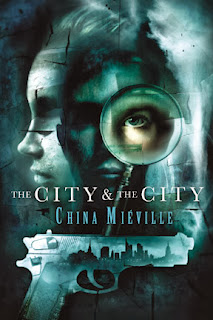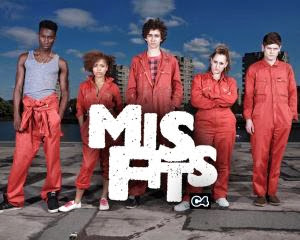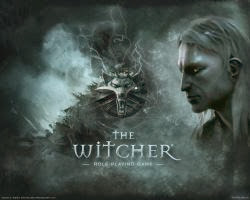Libeay32.dll Error Messages
There are situations where a program would display an error of the type "Libeay32.dll Not Found" or "This application failed to start because libeay32.dll was not found. Re-installing the application may fix this problem." I had this problem with SpeedFan, for example, which would display this error on startup, but then start without a hitch after closing the popup. There are a lot of solutions on the net, but the safest and quickest (for Speedfan and probably most other programs) is to do the following:
As for the obtaining, you probably have several copies of the library on your computer anyway. Just search for it in Program Files, I had a bunch of them and chose the one that was newest. You could copy the file thus found in Windows\System32, but that would not be the best idea, as it might interfere with all programs looking for the library, so it is safer to copy it only in the folder of the program that causes the error to occur.
For an explanation, I understand libeay32 is an OpenSSL library, something that is free, open source and used for Secure Sockets Layer - a protocol widely used on the Internet. Therefore you will find all kinds of versions, in all kinds of bundles. It might even be a malware, in some cases, so make sure it isn't before copying it around ;) Also, the reason why Speedfan would start anyway, even without the library, is that it was used only in the context of sending secure mail, a feature I have never used.
- Obtain a copy of the libeay32.dll file
- Copy the file in the Speedfan folder in Program Files
- Restart Speedfan
As for the obtaining, you probably have several copies of the library on your computer anyway. Just search for it in Program Files, I had a bunch of them and chose the one that was newest. You could copy the file thus found in Windows\System32, but that would not be the best idea, as it might interfere with all programs looking for the library, so it is safer to copy it only in the folder of the program that causes the error to occur.
For an explanation, I understand libeay32 is an OpenSSL library, something that is free, open source and used for Secure Sockets Layer - a protocol widely used on the Internet. Therefore you will find all kinds of versions, in all kinds of bundles. It might even be a malware, in some cases, so make sure it isn't before copying it around ;) Also, the reason why Speedfan would start anyway, even without the library, is that it was used only in the context of sending secure mail, a feature I have never used.
 I read about
I read about  I have not read any of
I have not read any of  I was first directed to
I was first directed to  It is difficult for me to not admire Lovecraft and at the same time just as difficult to fully enjoy his stories. He was admirable because he was a true horror writer, haunted by his dark visions so completely that a lot of his stories are set in the same world, undoubtedly filling his mind at all times. And it is difficult to enjoy his stories because the horror feeling in his books comes from a very subjective and I dare say outdated place in the human mind. Most of his characters attribute adjectives like "abhorrent" or "grotesque" to mere shapes or smells and they actively attempt to filter out anything that might challenge their peace of mind and established world order. That's a silly and disgusting thing to do, I think, and perhaps this is what repels me most from writings of "the master".
It is difficult for me to not admire Lovecraft and at the same time just as difficult to fully enjoy his stories. He was admirable because he was a true horror writer, haunted by his dark visions so completely that a lot of his stories are set in the same world, undoubtedly filling his mind at all times. And it is difficult to enjoy his stories because the horror feeling in his books comes from a very subjective and I dare say outdated place in the human mind. Most of his characters attribute adjectives like "abhorrent" or "grotesque" to mere shapes or smells and they actively attempt to filter out anything that might challenge their peace of mind and established world order. That's a silly and disgusting thing to do, I think, and perhaps this is what repels me most from writings of "the master".
 I've just finished the eighth episode of the fifth season of Misfits, the last in the series, as the show finally reached its end. I am convinced that most of the people reading this post don't really know what Misfits is and I mean to rectify that. Be warned, this is not the epitome of television and the last seasons were rather disappointing compared with the first few, but those few were pretty refreshing for a TV show.
I've just finished the eighth episode of the fifth season of Misfits, the last in the series, as the show finally reached its end. I am convinced that most of the people reading this post don't really know what Misfits is and I mean to rectify that. Be warned, this is not the epitome of television and the last seasons were rather disappointing compared with the first few, but those few were pretty refreshing for a TV show. You have to appreciate
You have to appreciate  I tried to find a title with more impact than the title of
I tried to find a title with more impact than the title of  Oh, what a wonderful book this was.
Oh, what a wonderful book this was. 
